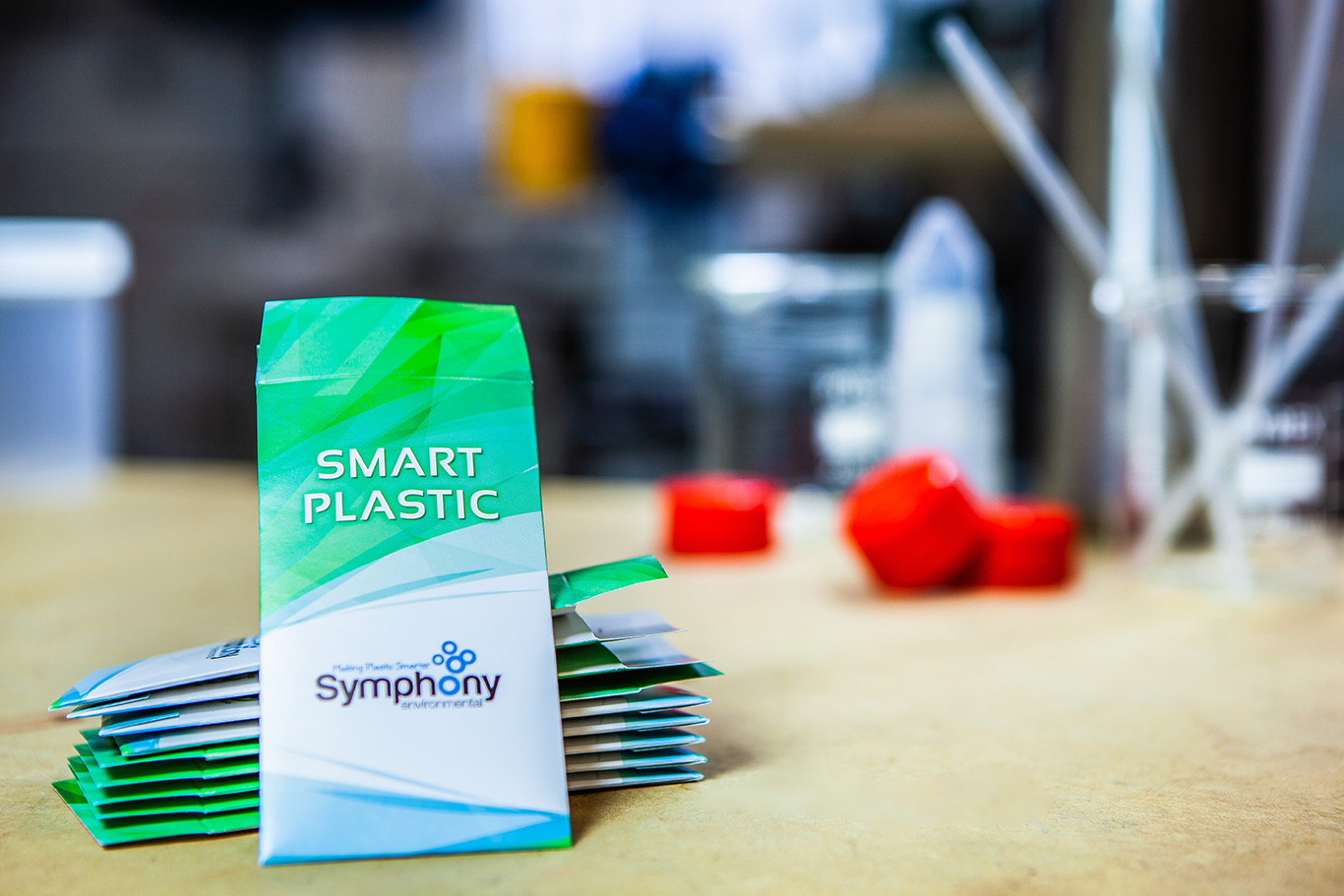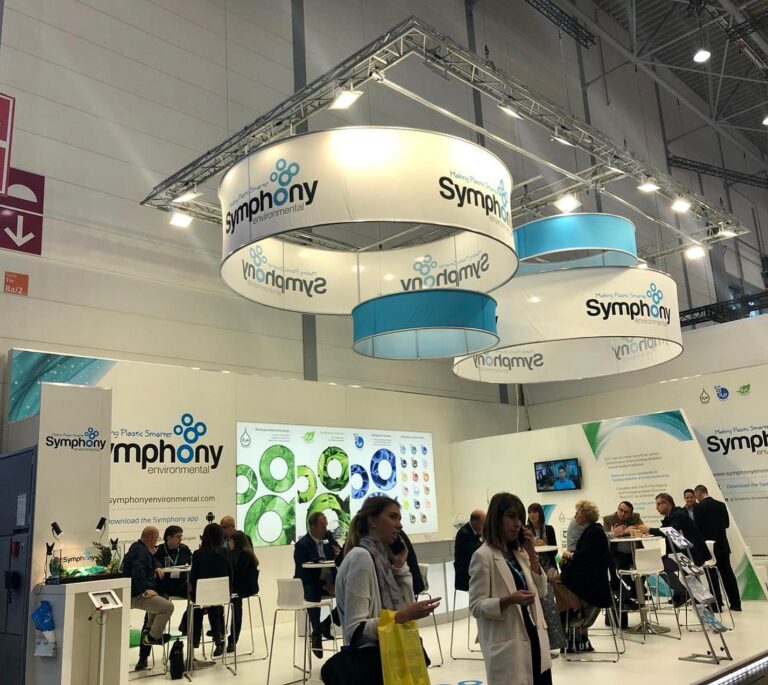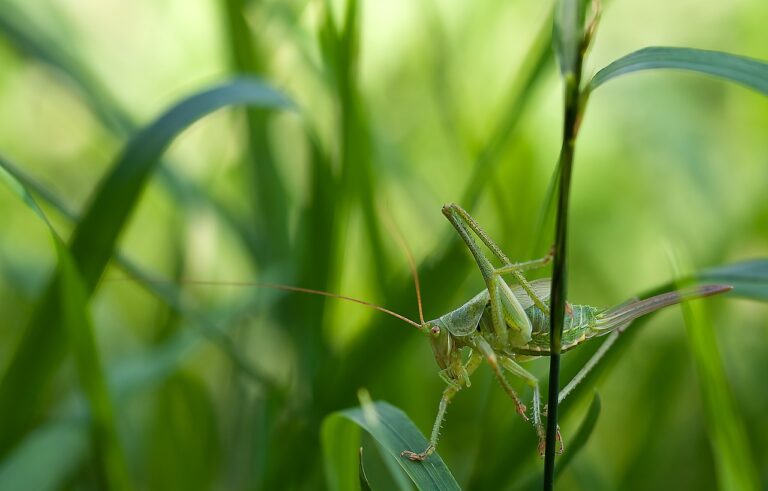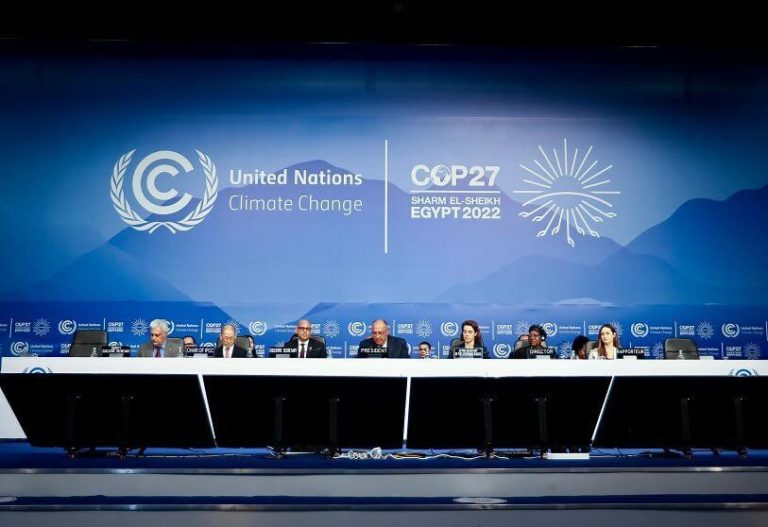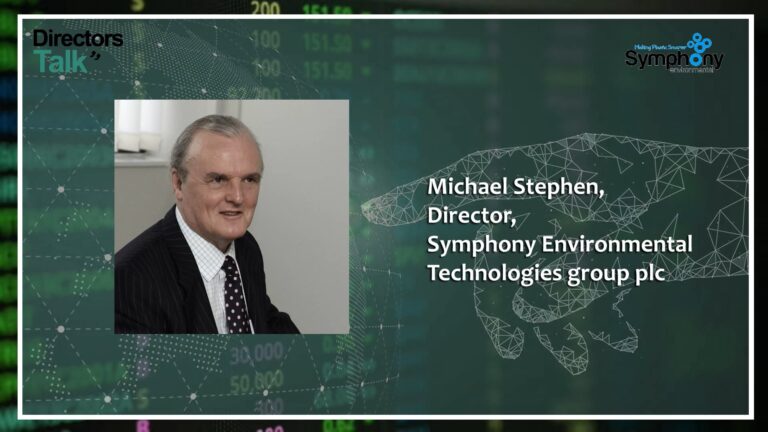Symphony Environmental Technologies plc (LON:SYM) Michael Stephen, a former MP who served on the Environment Select Committee, writes on 28th January 2021 the BBC reported on the decision by Morrisons supermarket to switch from plastic to paper bags. The BBC referred to the 2011 research paper produced by the Northern Ireland Assembly which said it “takes more than four times as much energy to manufacture a paper bag as it does to manufacture a plastic bag.”
Unlike plastic bags (which the report says are produced from the waste products of oil refining) paper requires forests to be cut down to produce the bags. The manufacturing process, according to the research, also produces a higher concentration of toxic chemicals compared with making single-use plastic bags.
Paper bags also weigh more than plastic; this means transportation requires more energy, adding to their carbon footprint, the study adds. The BBC also referred to the 2006 report by the UK Environment Agency, which examined a range of bags made from different materials to find out how many times they need to be reused in order to have a lower global warming potential than a conventional single-use plastic bag.
The study found paper bags needed to be reused at least three times, one fewer than plastic bags for life (four times). But there is a practical consideration: will it last long enough to survive at least three trips to the supermarket?
Paper bags are not as durable as bags for life, being more likely to split or tear, especially if they get wet. At the other end of the spectrum, the Environment Agency found that cotton bags required the most number of reuses, at 131. That was down to the high amount of energy used to produce and fertilise cotton yarn. In its conclusion, the Environment Agency says “it is unlikely the paper bag can be regularly reused the required number of times due to its low durability”.
Michael Stephen
Michael Stephen is a lawyer and was a member of the United Kingdom Parliament, where he served on the Environment Select Committee. When he left Parliament Symphony Environmental Technologies Plc. attracted his attention because of his interest in the environment. He is now Deputy Chairman of Symphony, which is listed on the AIM market of the London Stock Exchange, and is the founder and Chairman of the Oxo-biodegradable Plastics Association.


